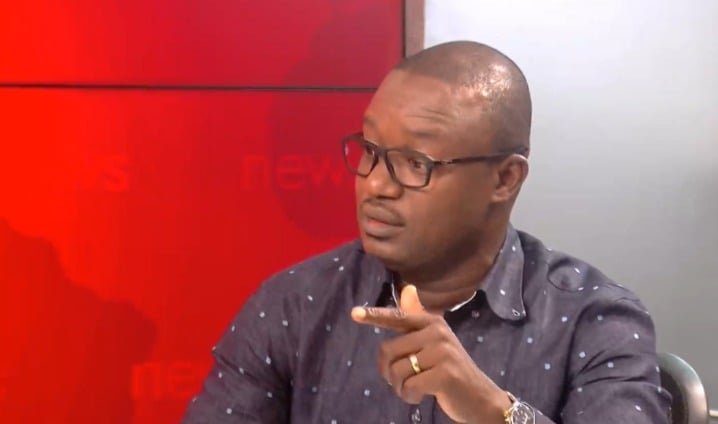The New Patriotic Party (NPP) Germany branch has issued a scathing critique of Energy Minister John Jinapor, accusing him of hypocrisy and a lack of credibility regarding his stance on the Gold-for-Oil (G4O) program. Originally implemented by the previous Akufo-Addo and Bawumia administration, the G4O initiative was met with sharp criticism from Jinapor while he served as the Minority Spokesperson on Mines and Energy. He labeled the program a “scam” and questioned its efficacy, publicly mocking then-Vice President Dr. Mahamudu Bawumia’s defense of the policy. However, upon his appointment as Energy Minister, Jinapor seemingly reversed his position, expressing intentions to review and refine the G4O program rather than dismantle it. This stark contrast in his public pronouncements has drawn the ire of the NPP Germany, who view this shift as opportunistic and indicative of a broader pattern of political expediency within the National Democratic Congress (NDC).
The NPP Germany’s press release highlights the inconsistency in Jinapor’s statements. They point to his earlier social media posts where he vehemently denounced the G4O program as fraudulent, contrasting these with his more recent statements before Parliament’s Appointments Committee where he suggested the program held potential for stabilizing the cedi, reducing fuel prices, and facilitating payments to Independent Power Producers (IPPs). This sudden shift in perspective, the NPP Germany argues, raises serious questions about Jinapor’s commitment to principled policymaking and suggests his earlier criticisms were motivated by partisan politics rather than genuine concern for the program’s efficacy.
The press release further accuses Jinapor of exploiting misinformation surrounding the G4O program for political gain. They reference an instance where Jinapor seized upon accusations that the Bank of Ghana was terminating the policy – a claim the bank denied – to further discredit the initiative. His subsequent reversal, the NPP Germany contends, suggests a lack of genuine understanding of the program’s intricacies and a willingness to manipulate public perception for partisan advantage. This behavior, they argue, undermines public trust in his leadership and casts a shadow over the NDC’s commitment to transparent governance.
The NPP Germany’s criticism extends beyond Jinapor’s individual actions, painting them as representative of a broader trend within the NDC. They accuse the party of a pattern of “double opportunism,” citing instances where the NDC has criticized policies in opposition only to embrace them upon assuming power. The Free Senior High School policy is offered as a prime example of this alleged behavior. This pattern, the NPP Germany argues, reveals a cynical approach to policymaking, prioritizing political maneuvering over consistent and principled governance.
The press release calls for a higher standard of integrity from political leaders, urging them to uphold their convictions regardless of their political position. They argue that Jinapor’s U-turn on the G4O policy erodes public trust and reflects poorly on the NDC’s leadership. They contend that Ghana’s progress hinges on leaders who prioritize national interests over partisan posturing, and Jinapor’s actions serve as a cautionary tale against prioritizing ambition over integrity. The NPP Germany concludes by urging Ghanaians to demand better from their leaders and hold them accountable for inconsistencies in their policy positions.
The NPP Germany frames Jinapor’s actions as emblematic of a broader political culture that prioritizes convenience over conviction. They argue that the NDC’s approach to governance is characterized by a “criticize first, think later” mentality that undermines their credibility and exposes their focus on power over progress. They contend that Ghanaians deserve leaders who engage in constructive policy dialogue and prioritize the nation’s well-being over political expediency. The press release ultimately serves as a strong condemnation of what the NPP Germany perceives as opportunistic behavior within the NDC, using Jinapor’s evolving stance on the G4O program as a case study.


